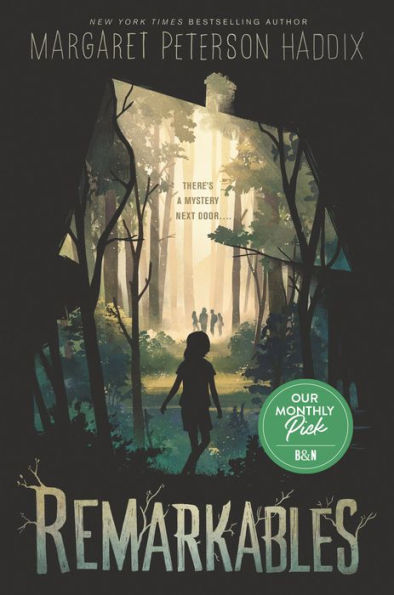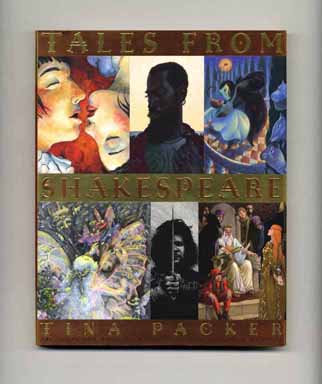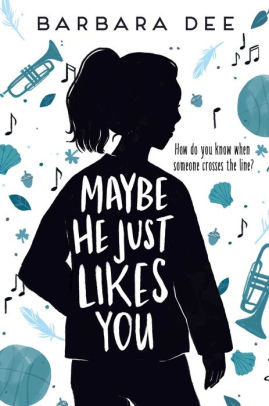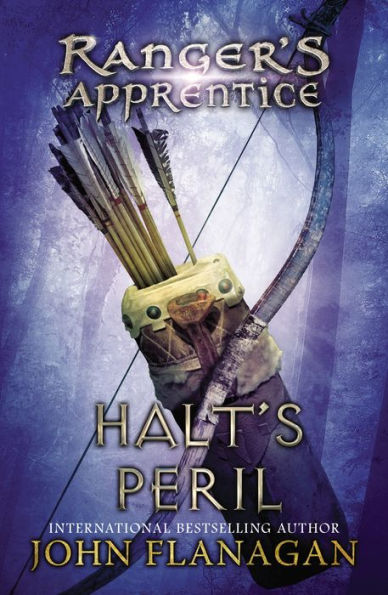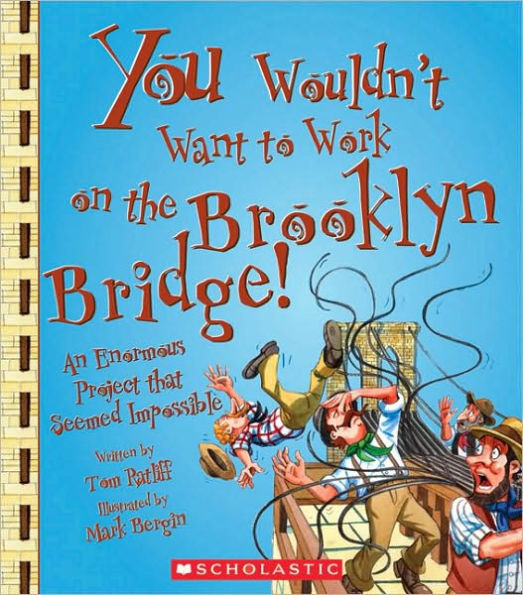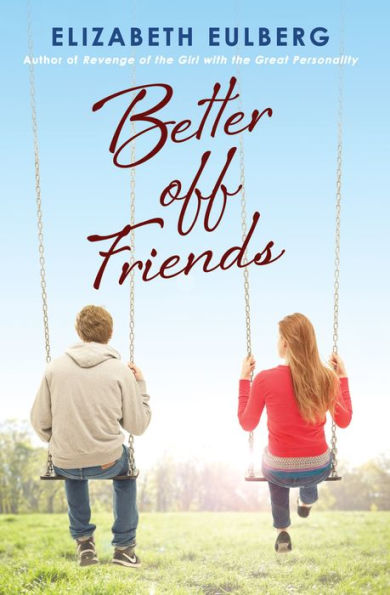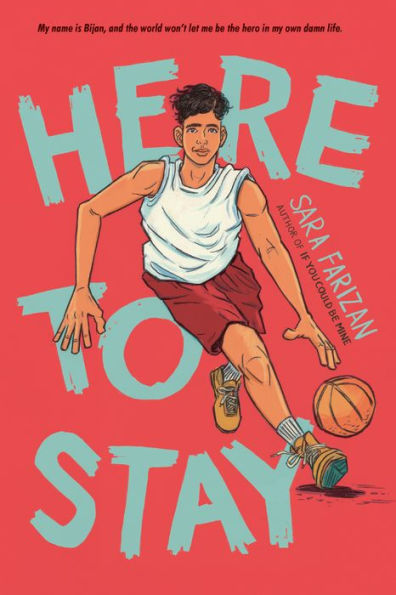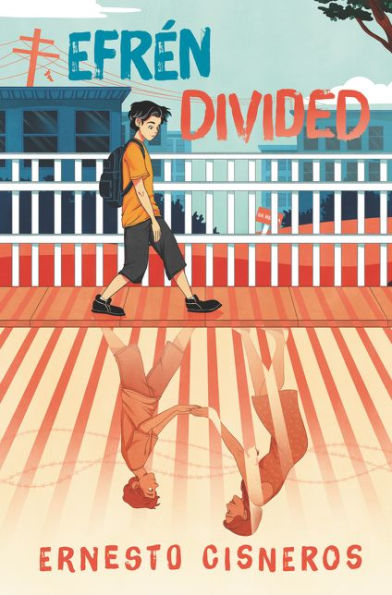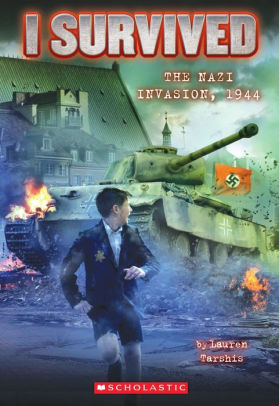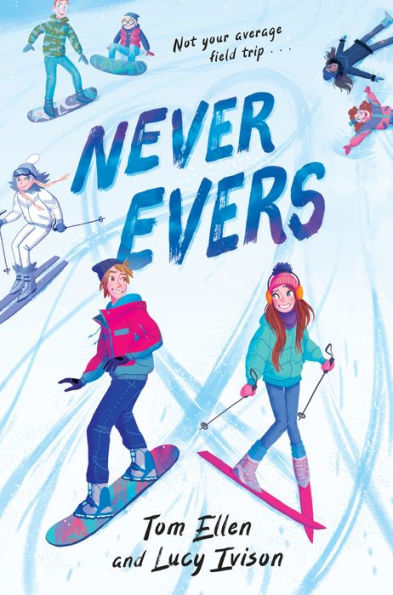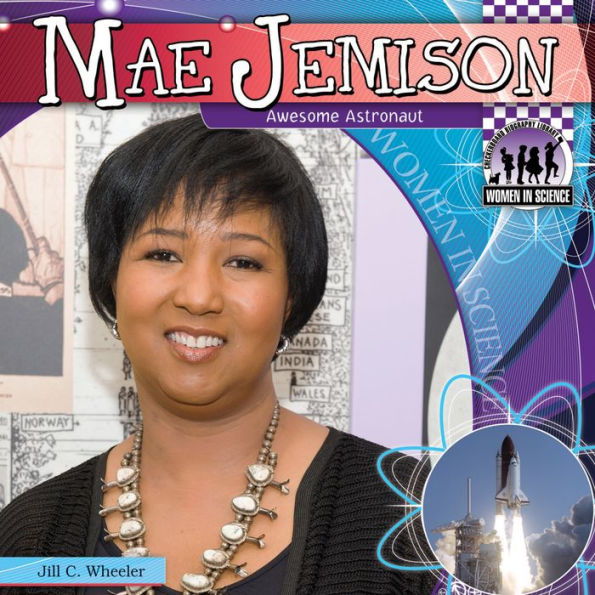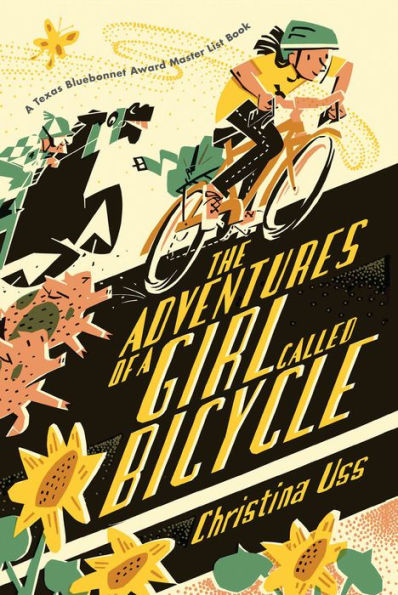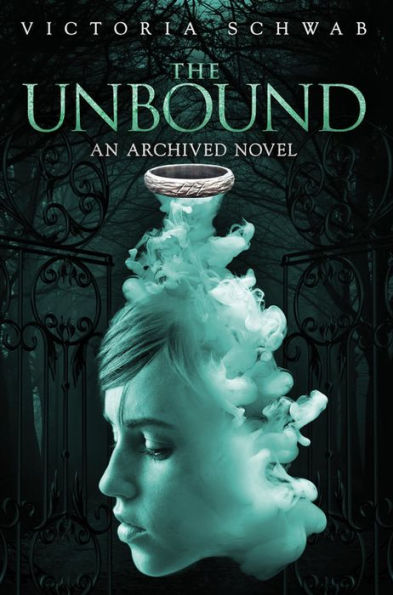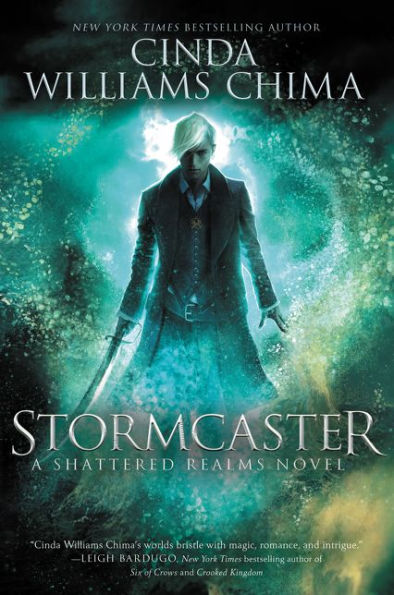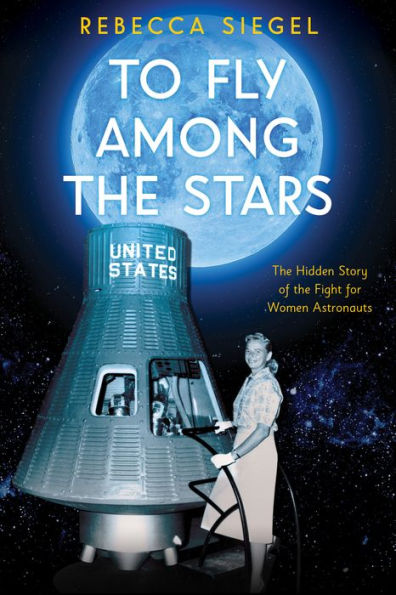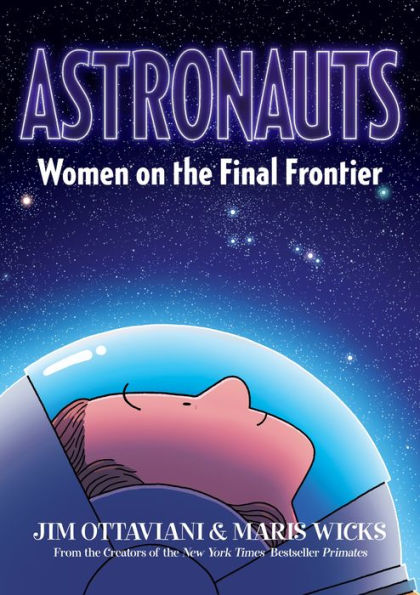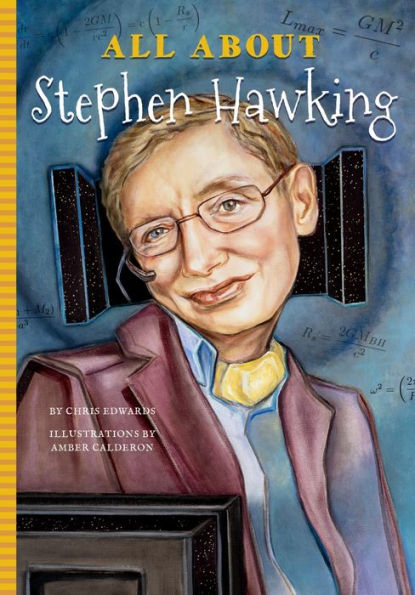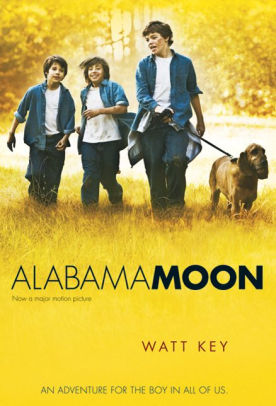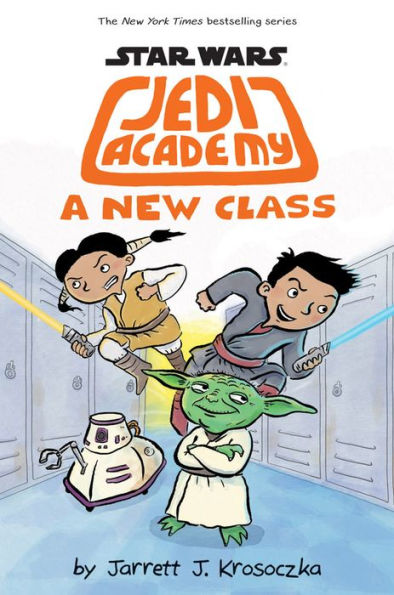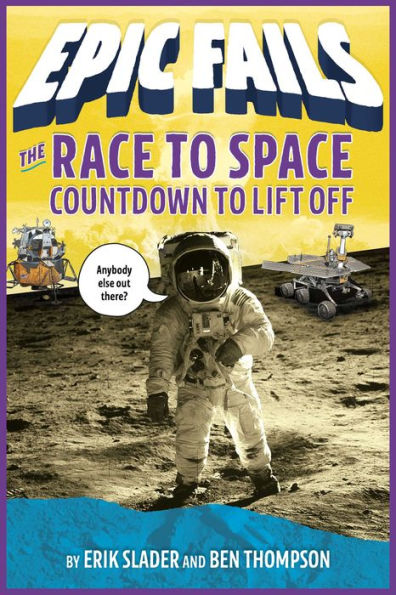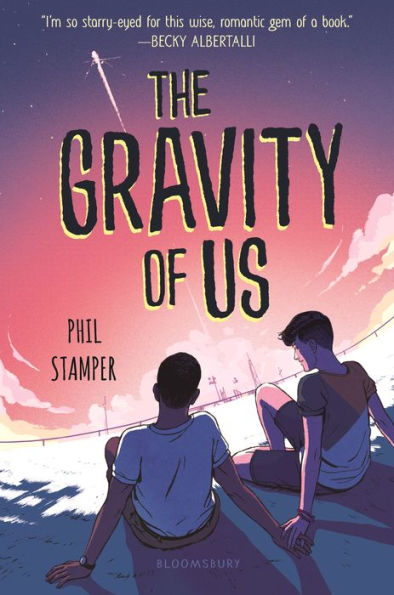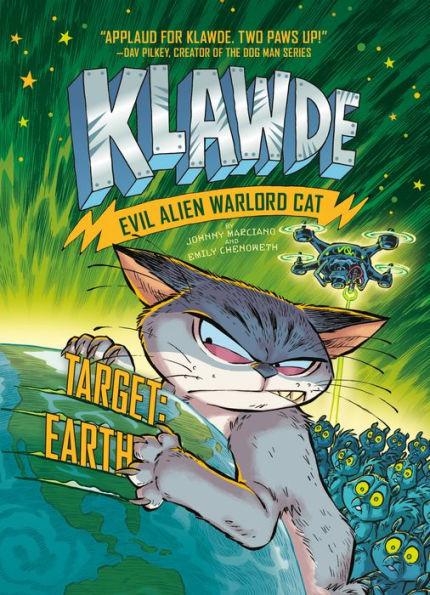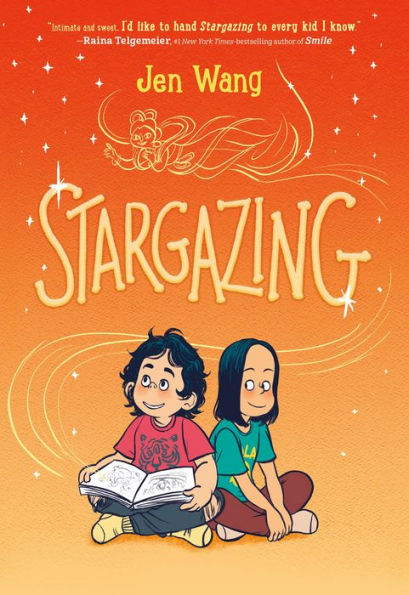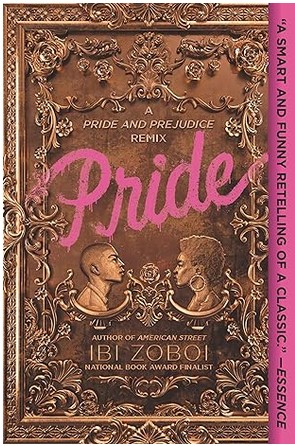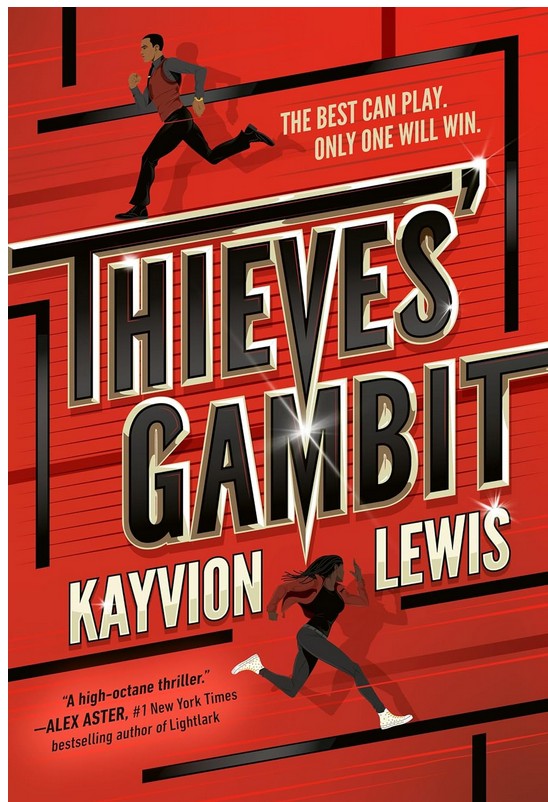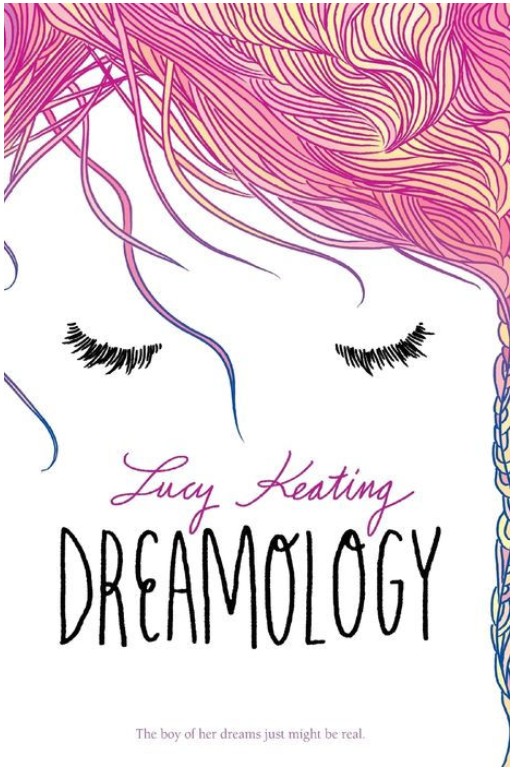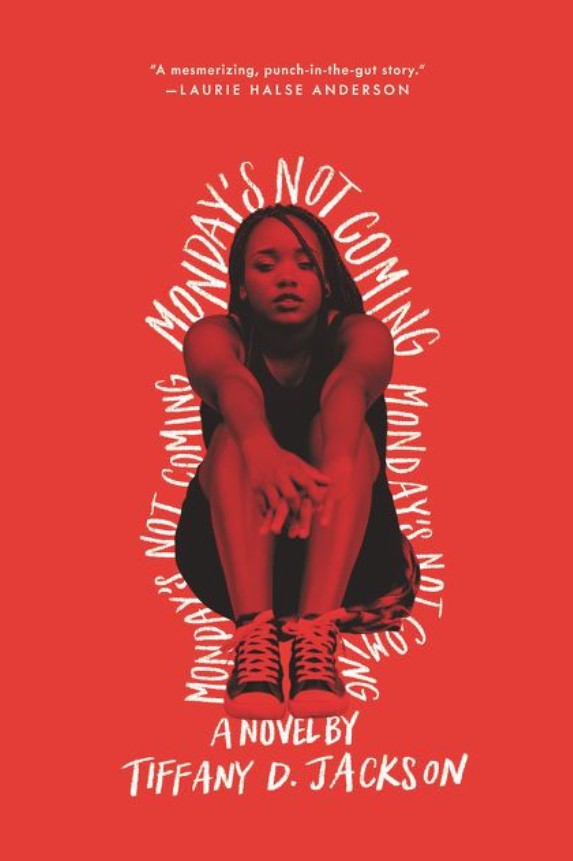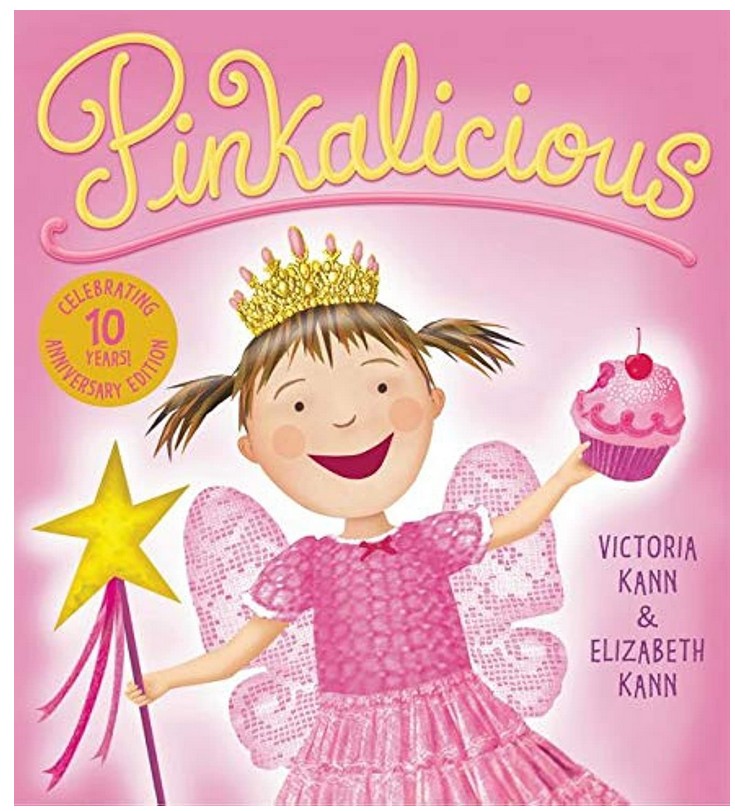One minute, they’re laughing and having fun at the house next door. The next minute, they’re gone. Like magic. Marin can’t believe her eyes. Who are these teenagers, and how are they able to appear and disappear?
Marin spots the mysterious neighbors the first day after moving to a new house, in a new town. She wonders if she’s the only one who can see the teenagers, but then she meets a boy named Charley, who reluctantly reveals that he knows about them too. He calls them “Remarkables.”
Charley warns her to stay away from the Remarkables—and to stay away from him. Life hasn’t been kind to Charley, and Marin can’t stop thinking about something that happened in her old town. Could the Remarkables help? Or. . . is she supposed to help them? Maybe Marin and Charley can fix everything if they can work together long enough to figure out the mystery of the Remarkables.
Full of mystery, Remarkables is a story about family, friendship, and forgiveness. Readers will relate to the protagonist Marin, who is insecure and wonders if she will be able to make friends in her new town. Because of past friendship drama, Marin wonders if there is something wrong with her. However, by the end of the story, she realizes the importance of communication and forgiveness.
Haddix expertly weaves several plot lines into an easy-to-understand, engaging story. Marin’s family is funny, caring, and a bit overwhelmed with all the changes in their lives. When Marin meets Charley, she learns about a tragic accident that happened in the past and how it still impacts Charley’s present. This connects with an incident that happened to Marin before her move. The conclusion of the story merges all of these subplots and shows that “You can have a good future because the past is over. All you can do is learn from it.”
Remarkables will make readers consider the questions: If you could go back in time and change an event, what would it be? Both Marin and Charley consider the question, and they realize that changing the past could cause unintended consequences. When Marin looks at a past tragedy, she realizes the tragedy ended up inspiring others to do good in the world. The relatable characters, mystery, and message all combine to create a story that is entertaining and thought provoking. The story ends on a positive note as it highlights that despite a past mistake, the future still holds the promise of happiness.
Sexual Content
- None
Violence
- During a party at the neighbor’s, Charley’s dad put food in the oven and it began to smoke. He didn’t want the fire detector to go off so he removed the batteries. Later that week, a fire broke out and Charley’s friend died. The death is not described.
Drugs and Alcohol
- Charley and his brothers live with their grandmother because his parents are on drugs. His dad “started using drugs. And then my mom did, too. Because he made her unhappy, too. And they wouldn’t stop.”
Language
- None
Supernatural
- Marin and Charlie see a group of teens. Charlie thinks the teens are time travelers from the past. Marin thinks the teens are from the future.
- At one point, Marin wonders if “it was a message from God—a vision, like the kind Marin heard about in church.”
- Charlie “decided that [a dead girl’s] psychic energy lingered in the place where she’d died. . . Her way of haunting people was to show them good things they needed to see.”
Spiritual Content
- Marin goes to church with her family. When they go to a new church, Marin is afraid no one will like her. She prays, “Please, God. Please, please, please don’t let me start crying here in front of everyone. . .”
- During church, the pastor starts “reading a Bible passage, one about Jesus being tempted in the desert. ‘So I’m going to hear about even Jesus messing up?’ Marin thought.”
- Marin’s father prays that the baby begins to sleep through the night.
- Marin and her friends were having a sleepover. The girls had a fight so Marin went to sleep in the guest room. While there, she prayed, “Please let someone come and I’ll apologize. Please.”
- One of Marin’s friends was sick. When Marin asked, “Did she have cancer?” Her father replied, “Thank God, no.”
- Marin’s father has a difficult time finding a job. He tells Marin, “I will quit whining about how my life isn’t going the way I planned it, and I will get back out of bed and try something new! And. . . I’ll accept that God is maybe trying to send me a sign that he needs me in a different place than I thought, and I’ll quit fighting that message. . .”
